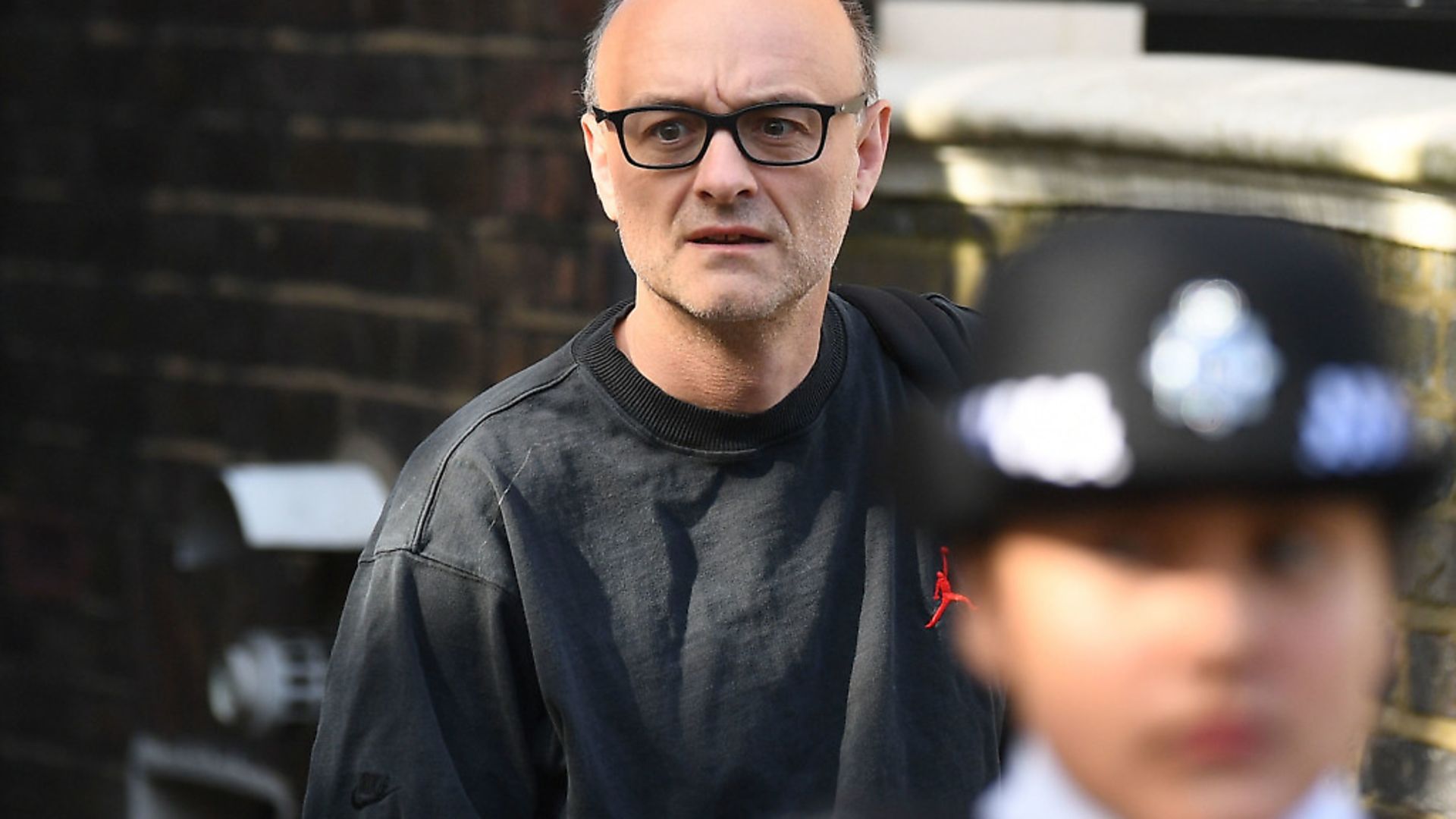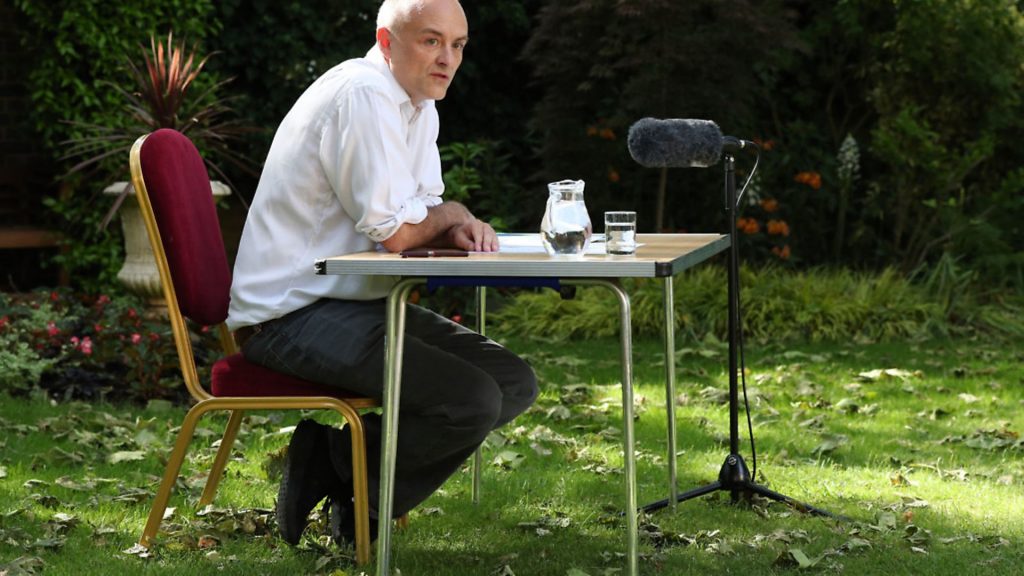
The independent press standards organisation (IPSO) will not investigate an article in the Spectator written by Dominic Cummings’ wife, which appears to contradict his own account of what happened when he contracted coronavirus.
IPSO says it received a ‘number of complaints’ about Mary Wakefield’s column which people felt contradicted the Downing Street adviser’s statement to the media.
The article, published on 24 April, said that within 24 hours of Wakefield’s Covid-19 symptoms starting Cummings ‘said ‘I feel weird’ and collapsed’. She went on to explain that for the next 10 days ‘Dom couldn’t get out of bed. Day in, day out for ten days he lay doggo with a high fever and spasms that made the muscles lump and twitch in his legs.’
Later in the article, Wakefield talks of ‘[emerging] from quarantine into the almost comical uncertainty of London lockdown’.
The article failed to mention needing to travel north to find help with childcare and the only location mentioned in the article is London, implying that is where the family stayed for the duration of their isolation.
Have your say
Send your letters for publication to The New European by emailing letters@theneweuropean.co.uk and pick up an edition each Thursday for more comment and analysis. Find your nearest stockist here or subscribe to a print or digital edition for just £13. You can also join our readers' Facebook group to keep the discussion and debate going with thousands of fellow pro-Europeans.
The watchdog said that the complaints ‘raised concern that the article under complaint did not make clear that the columnist and her family had travelled to Durham for their period of isolation, or refer to other travel that the family had apparently undertaken in the area during this time.
‘Further, complainants said that the comment that the columnist had ’emerged from quarantine into the almost comical uncertainty of London lockdown’ had been shown to be misleading and inaccurate in light of their travel to Durham.’
In its response to those that had complained, IPSO said it had ‘acknowledged the significant public interest in the broader public health issue of compliance with the guidance and laws regarding the lockdown’, despite not hearing from those ‘personally and directly affected’.
But it said that the executive had decided ‘it would not be possible or appropriate to consider these complaints about these matters without the involvement of any party with direct information about the events, or any party representing those directly affected’.

The watchdog said it expected to ‘face significant difficulties in obtaining the further information necessary to make findings about the family’s movements without their cooperation’.
The respondent added: ‘There was also a significant risk of intrusion into the privacy of the family, including a young child, by investigating and publishing findings about these matters without their involvement. We noted in this regard that Mr Cummings had cited family considerations as reasons for the travel, and also referred to possible safety and security concerns about revealing the family’s location. Taking all these factors into account, we decided it would not be possible or appropriate to consider these complaints further.’
Despite the police suggesting there may have been a ‘minor breach’ of lockdown, IPSO also dismissed claims that ‘the article deliberately concealed the fact that a crime had been committed’, that ‘information in the public interest was deliberately omitted’ as well as suggestions that ‘the writer deliberately concealed a criminal act’.
Complainants who disagree with the executive’s ruling have been given seven days to respond to IPSO with a valid explanation for why it should be reviewed.
A spokesperson for the Spectator at the time of the controversy said: ‘We are happy to let our coverage speak for itself.’









